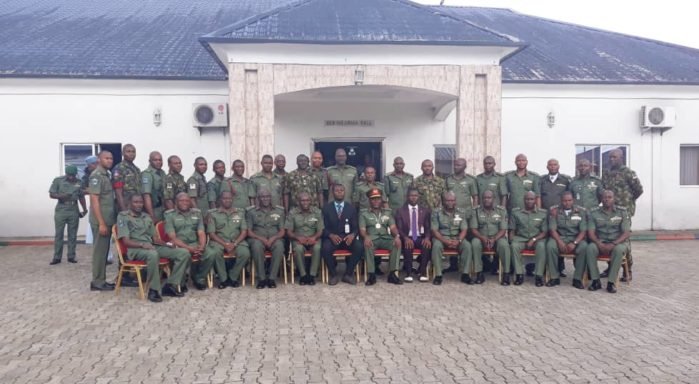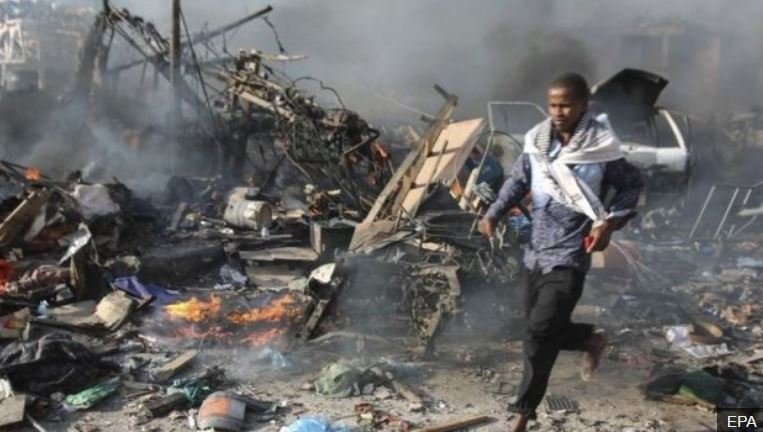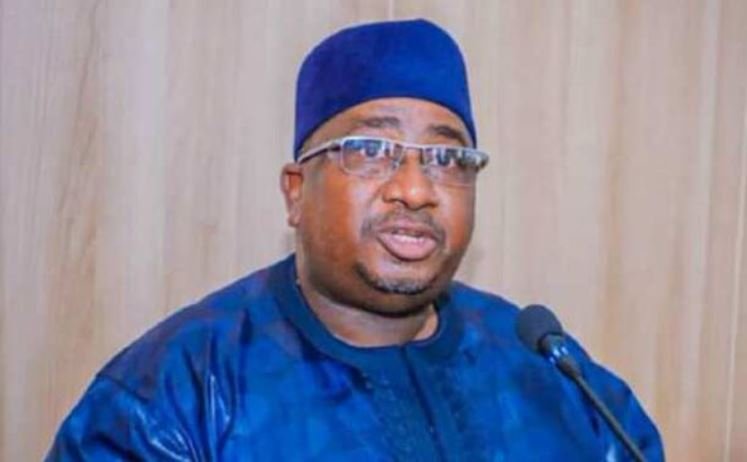The Nigerian Army began a three-day capacity-building course on Protocol and Liaison Duties on Wednesday in order to improve the competence of officers in protocol and liaison tasks, as well as military diplomacy.
The course was held by the Army Headquarters’ Department of Special Services and Programs under the topic “Enhancing the Nigerian Army Protocol and Liaison Capability for Efficient Service Delivery.”
The Chief of Army Staff (COAS), Lt.-Gen. Faruk Yahaya, noted at the workshop’s start that the workshop arose from the necessity for more efficient coordination of all Nigerian army liaison, special and ceremonial events, as well as other arranged activities in accordance with best practises.
Yahaya stated that the creation of the Directorate of Protocol inside the Department of Special Services and Programs demonstrated the willingness to adhere to international best practises and standards when dealing with diplomatic protocol, precedence, and etiquette.
According to him, the department has been able to implement commendable efforts geared at repositioning the Nigerian Army’s protocol and liaison roles for optimal performance in support of operational aims.
“Its initiative to collaborate with the Ministry of Foreign Affairs and other accredited institutions to develop specific courses for building personnel capacity in the Service on protocol and liaison duties is a welcome idea.”
This project would aid in the development of the newly constituted Directorate of Protocol’s competence to carry out its duty professionally and effectively during Nigerian Army foreign and domestic engagements.
“With an increase in military-to-military bilateral contacts and engagements with friendly allies all over the world, a better understanding of protocol functions in support of our strategic engagements is required,” he added.
According to the COAS, the contemporary security situation is dynamic and marked by unpredictability and complexity, necessitating more communication with stakeholders at all levels.
According to him, this necessitates protocol and liaison training and capacity building in order to support multiple levels of involvement with internal and external partners.
He stated that the workshop was designed to improve army personnel’s ability to perform protocol tasks in support of the army’s strategic and operational goals.
Yahaya stated that the Nigerian Army will continue to enhance all components of fighting force in order to demonstrate its preparedness to serve its constitutional obligations in Nigeria’s defence.
He praised servicemen for their professionalism throughout the Presidential and Gubernatorial elections, promising to continue to offer the necessary leadership and advice to troops.
He also committed to maintain his commitment to acquiring more equipment and platforms to secure the conclusion of the country’s battle on insurgency, banditry, and other violent crimes.
He advised servicemen to maintain a professional demeanour and to depict the Nigerian Army as the pride of the nation.
Maj.-Gen. Emeka Onumajuru, Chief of Special Services and Programmes (Army), stated that the army has enhanced its contact with internal and foreign interlocutors in order to solve national and sub-regional security concerns.
According to Onumajuru, the goal of the workshop was to increase the competence of people across the board in etiquette and liaison roles so that they could carry out their mission professionally and efficiently.
He stated that the session was intended to give a more appropriate outlet for meaningful engagement among protocol and liaison specialists.
“It is hoped that this workshop will stimulate discussion in the army about protocol and liaison issues, which will serve as the foundation for policy and procedural responses.”
“Specifically, it would promote a deeper understanding of protocol and liaison issues, especially as they support defence diplomacy, military geometric counters, and bilateral army-to-army staff talk,” he explained.
The keynote speaker, former Nigerian diplomat Amb. Oluwole Coker, stated that military diplomacy was a crucial element of any country’s diplomatic relations, therefore the necessity for military commanders to be trained in this area.
Coker spoke on “Building Strong Protocol Capacity for Enhanced Military Diplomacy and National Security: A Strategic Option for the Nigerian Army.”
He also stated that the commanders in charge of the army’s internal operations must be the best and most skilled in etiquette and liaison tasks.
Protocol, according to Amb. Akin Oyeteru, enables seamless contact between authorities, with the ultimate goal of avoiding needless conflict.
Protocol officers, according to Oyeteru, must be knowledgeable in order to be valued, and they must also be prompt, pleasant, trustworthy, and patient.
Military diplomacy, he claims, is a subclass of defence diplomacy that primarily concerns military attachés and their responsibilities.











